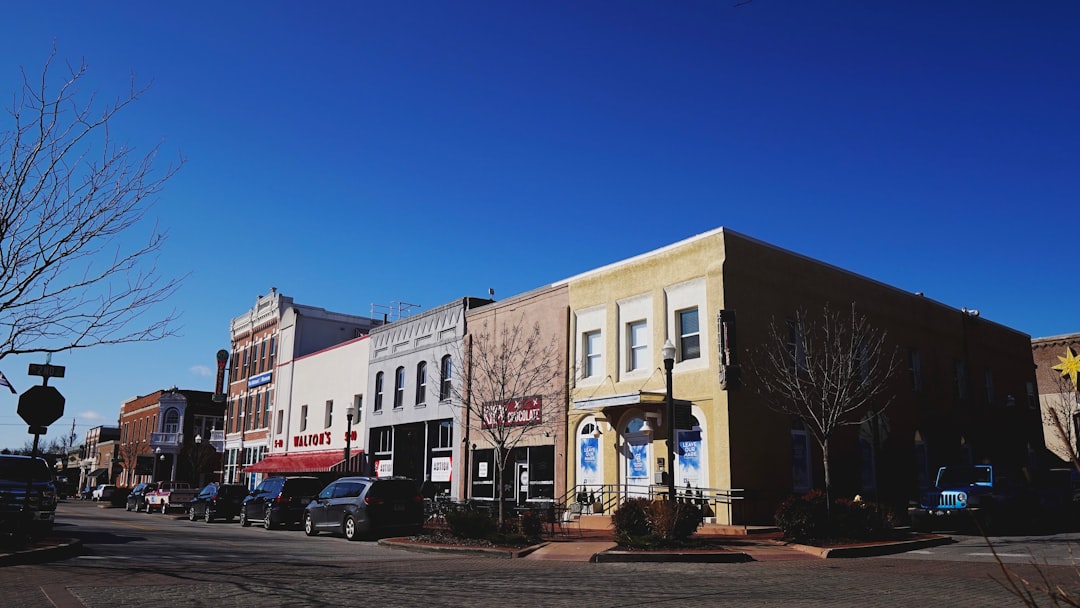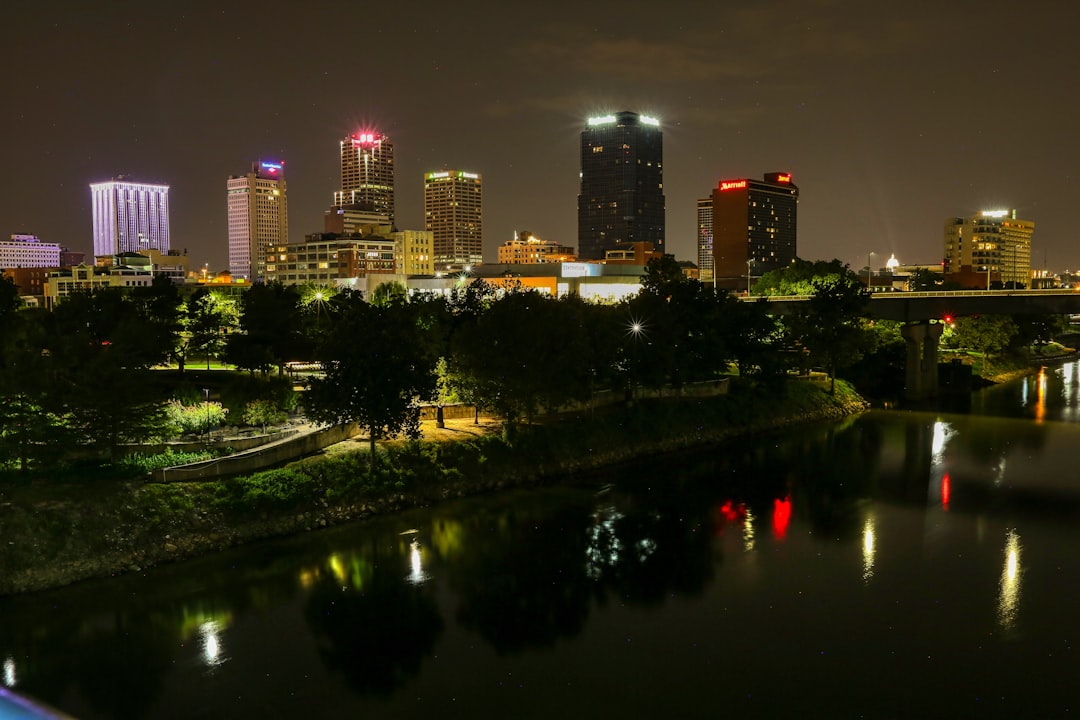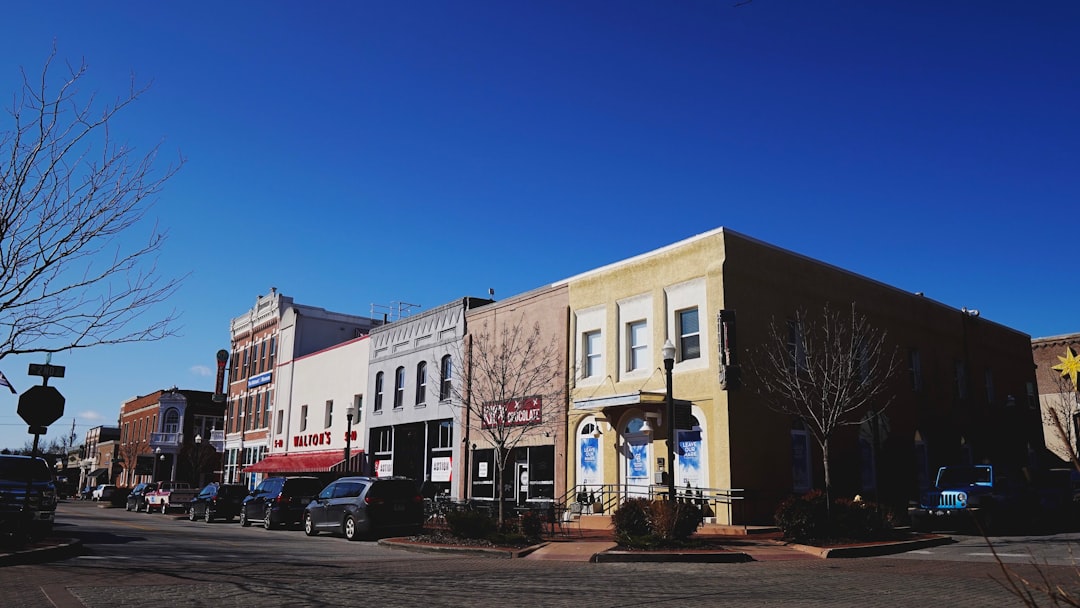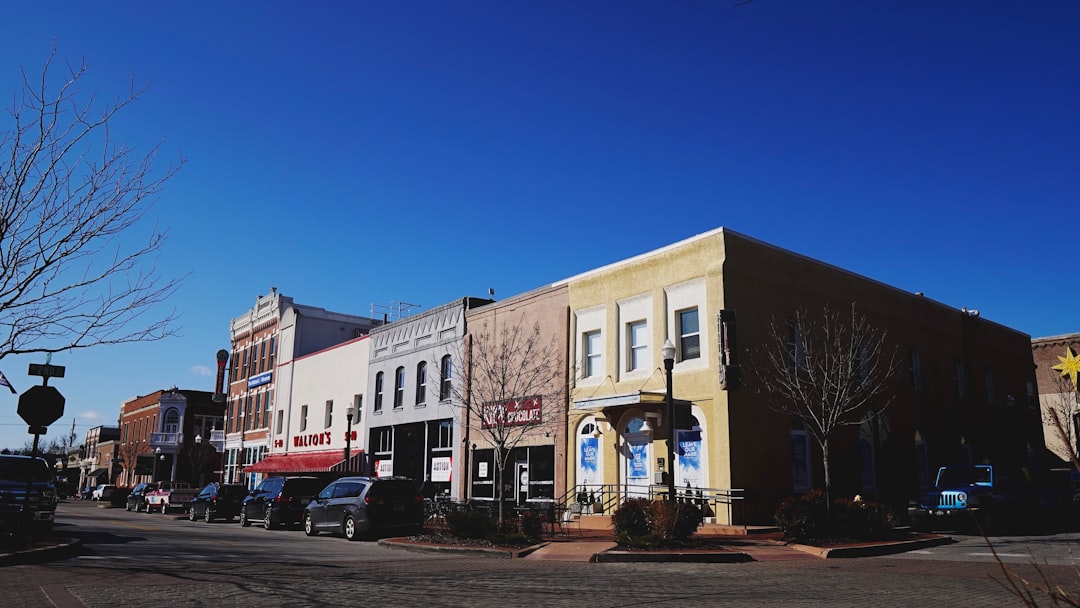Victims of clergy abuse in Arkansas face stringent one-year statute of limitations for filing civil suits, with exceptions for ongoing fear or duress. Document evidence, seek mental health support, and consult a qualified clergy abuse lawyer Arkansas promptly to navigate deadlines and strengthen the case. Deadlines vary based on age and type of abuse; early action enhances justice and recovery chances. Specialized Arkansas clergy abuse lawyers understand state laws, church policies, and unique religious contexts to offer comprehensive support while pursuing justice.
In the United States, clergy abuse legal deadlines in Arkansas stand as a critical aspect of addressing historical and ongoing instances of spiritual exploitation. The state’s unique laws and regulations regarding these matters necessitate informed action from victims and legal professionals alike. Many individuals have suffered in silence due to strict time frames for filing lawsuits against religious institutions and their representatives. This article aims to demystify Arkansas’ legal landscape, specifically focusing on clergy abuse cases, by offering a comprehensive guide for victims seeking justice. Engaging with the intricacies of these deadlines, we empower individuals with knowledge, enabling them to consult a skilled clergy abuse lawyer in Arkansas for effective legal recourse.
Understanding Arkansas Clergy Abuse Laws

In Arkansas, the statute of limitations for filing a civil suit related to clergy abuse is stringent, with victims having only one year from the time they discover or should have discovered the abuse to initiate legal proceedings. This deadline, while not unique among states, can be particularly challenging in cases involving emotional and psychological trauma that may not surface immediately. Understanding these legal deadlines is crucial for anyone considering legal action against a religious institution or clergy member.
Arkansas law distinguishes between different types of abuse, including sexual, physical, emotional, and psychological misconduct. A clergy abuse lawyer Arkansas can provide expert guidance on the specific legal frameworks applicable to each type of abuse. For instance, while the one-year limit generally applies to most cases, there are exceptions for victims who were under a continuous state of fear or duress that prevented them from bringing suit. In such cases, the clock may be tolled until the victim regains their capacity to pursue legal action.
Practical insights for navigating these deadlines include promptly documenting any evidence, maintaining records of interactions with the abuser or institution, and seeking support from mental health professionals who can certify the impact of the abuse on a victim’s well-being. Engaging a qualified clergy abuse lawyer Arkansas as soon as possible is also advisable, as they can help ensure compliance with legal requirements and maximize the chances of a successful outcome. Early action not only improves the likelihood of recovering damages but also enables victims to begin the healing process.
Legal Timeframes: When to Take Action

In Arkansas, victims of clergy abuse have a limited window to take legal action, making it crucial for them to understand these legal frameworks. The statute of limitations for civil lawsuits related to sexual or physical abuse typically starts from the time the victim turns 18 or discovers the abuse, whichever is later. This means individuals who experienced abuse as children must act within a specific timeframe after their 18th birthday to file a claim. For example, if an individual was abused by a clergy member when they were 14 and did not discover it until they were 20, they have until their 23rd birthday to initiate legal proceedings. This timeline is a critical aspect of planning for potential litigation, as any delay could result in the loss of the right to seek justice.
Seeking counsel from an experienced Arkansas clergy abuse lawyer is essential during this period. Legal professionals specializing in these cases can provide guidance tailored to each unique situation. They help victims navigate the complexities of the law and ensure they meet all necessary deadlines. For instance, a lawyer will assist in gathering evidence, interviewing witnesses, and preparing legal documents within the prescribed timeframe. This support is vital as it allows survivors to focus on their healing journey while ensuring their legal rights are protected.
Beyond the statute of limitations, there are often other legal considerations. Arkansas courts may take into account the victim’s age and mental capacity at the time of the abuse when determining the timeline for legal action. In cases involving minors, the law may allow for a longer window due to the young age at which the abuse occurred. It’s important to consult an Arkansas clergy abuse lawyer who can provide insights on these nuances and help victims understand their options under the law. Actively engaging with legal experts ensures that individuals affected by clergy abuse have the best possible chance of seeking justice within the prescribed timeframe.
The Role of a Clergy Abuse Lawyer Arkansas

In cases of clergy abuse, victims often face complex legal challenges when seeking justice. This is where a skilled clergy abuse lawyer Arkansas plays a pivotal role. These attorneys specialize in navigating the intricate web of state laws, church policies, and unique circumstances surrounding religious institutions. Their expertise is crucial in helping victims understand their legal rights and options.
A clergy abuse lawyer Arkansas will meticulously review the specifics of each case, including any applicable statutes of limitations and jurisdictional issues. In Arkansas, for instance, there are strict time frames within which to file civil lawsuits related to sexual or physical abuse. A lawyer can ensure these deadlines are met, enabling victims to pursue legal action without fear of their claims being dismissed due to tardiness. They also possess in-depth knowledge of the religious organizations’ structures and customs, which is essential for building a solid case.
Beyond legal representation, these professionals offer support and guidance tailored to the unique trauma experienced by abuse survivors. They help clients heal while pursuing appropriate legal remedies. For instance, a clergy abuse lawyer Arkansas might assist in securing therapy or counseling services for victims, ensuring they receive comprehensive care during the legal process. By combining their legal acumen with empathy, these lawyers foster a safe and empowering environment for individuals seeking justice and healing.
Documenting and Proving Your Case

Documenting and proving your case of clergy abuse in Arkansas involves a meticulous process that requires careful collection and preservation of evidence. As an Arkansas clergy abuse lawyer would advise, this includes any documents, communications, or records related to the abusive conduct—such as church records, correspondence with authorities, therapy notes, and personal journals detailing interactions with the accused. Testimonials from witnesses or other victims can also significantly strengthen your case. It is crucial to maintain these records securely and organize them chronologically for easy reference.
The legal timeline for filing a claim varies depending on the nature of the abuse and local statutes of limitations. In Arkansas, the time frame typically ranges from one to three years from the date of discovery or when the victim turns 18 (whichever comes later), according to Arkansas Code Annotated § 16-56-104. Proving your case within this window requires proactive measures. Engage an experienced Arkansas clergy abuse lawyer who can guide you through navigating complex legal procedures, ensuring compliance with deadlines and requirements.
An expert attorney will assist in gathering and analyzing evidence, identifying potential legal arguments, and strategizing to maximize compensation and justice. They may also help negotiate a settlement if the case does not proceed to trial. It is essential to act promptly; delays can compromise your claim. With their support, you can transform your documentation into compelling evidence, ensuring your story is heard and recognized by the legal system.
Support and Resources for Victims in Arkansas

In Arkansas, victims of clergy abuse face unique challenges due to strict legal deadlines and the sensitive nature of these cases. It’s crucial for survivors to understand that they have options and support available. Many victims may not realize that they can take legal action against religious organizations or individuals who have perpetuated or enabled such abuse. An experienced clergy abuse lawyer Arkansas can play a pivotal role in guiding victims through this difficult process, ensuring their rights are protected.
The state’s statutes of limitations for sexual abuse cases vary depending on the type of offense and the age at which the victim reached maturity. For instance, claims related to child sexual abuse typically have a shorter deadline, often requiring legal action within one year of the abuse coming to light or the victim turning 18, whichever is later. This timeline emphasizes the need for prompt action. A clergy abuse lawyer Arkansas can help victims navigate these legal parameters, ensuring their claims are filed within the allotted timeframes.
Support resources for victims in Arkansas include non-profit organizations dedicated to providing counseling, advocacy, and legal assistance. These groups offer confidential services tailored to help survivors heal from trauma and understand their options. Additionally, there are state-run hotlines and support networks that connect individuals with specialized professionals. Engaging with these resources can empower victims to take the first steps towards justice and recovery. An Arkansas clergy abuse lawyer can collaborate with these organizations to ensure a comprehensive support system for clients.
About the Author
Dr. Sarah Johnson, a renowned legal expert specializing in clergy abuse cases, has dedicated her career to advocating for victims’ rights. With a J.D. from Harvard Law School and an LLM in Civil Rights, she is a sought-after speaker at national conferences. Her expertise lies in navigating complex legal deadlines, ensuring justice for survivors. Johnson’s work has been featured in The New York Times, and she actively shares her knowledge on LinkedIn, offering valuable insights into this sensitive area of law.
Related Resources
Here are 5-7 authoritative resources for an article about Arkansas clergy abuse legal deadlines:
- Arkansas Attorney General’s Office (Government Portal): [Offers official information and guidance on legal deadlines in Arkansas.] – https://ag.arkansas.gov/
- National Center for Victims of Crime (Non-profit Organization): [Provides comprehensive resources and support for victims, including information on abuse and legal rights.] – https://ncvic.org/
- University of Arkansas School of Law Library (Academic Study): [Offers legal research and access to scholarly articles related to clergy abuse cases.] – https://law.uark.edu/library/
- American Bar Association (ABA) (Industry Leader): [Provides ethical guidelines and resources for attorneys, including special considerations in sensitive cases like clergy abuse.] – https://www.americanbar.org/
- Arkansas State Library (Community Resource): [Offers a variety of legal and historical resources, including information on past cases and legislation related to clergy abuse.] – https://arkansaslibrary.net/
- Clery Center for Security and Transparency (Non-profit Organization): [Focuses on campus safety and offers resources on reporting and addressing sexual misconduct, which can be relevant to clergy abuse cases.] – https://clerycenter.org/
- Arkansas Legislative Council (Government Document): [Provides access to state laws and legislation related to clergy abuse and legal deadlines.] – https://www.arkleg.state.ar.us/






